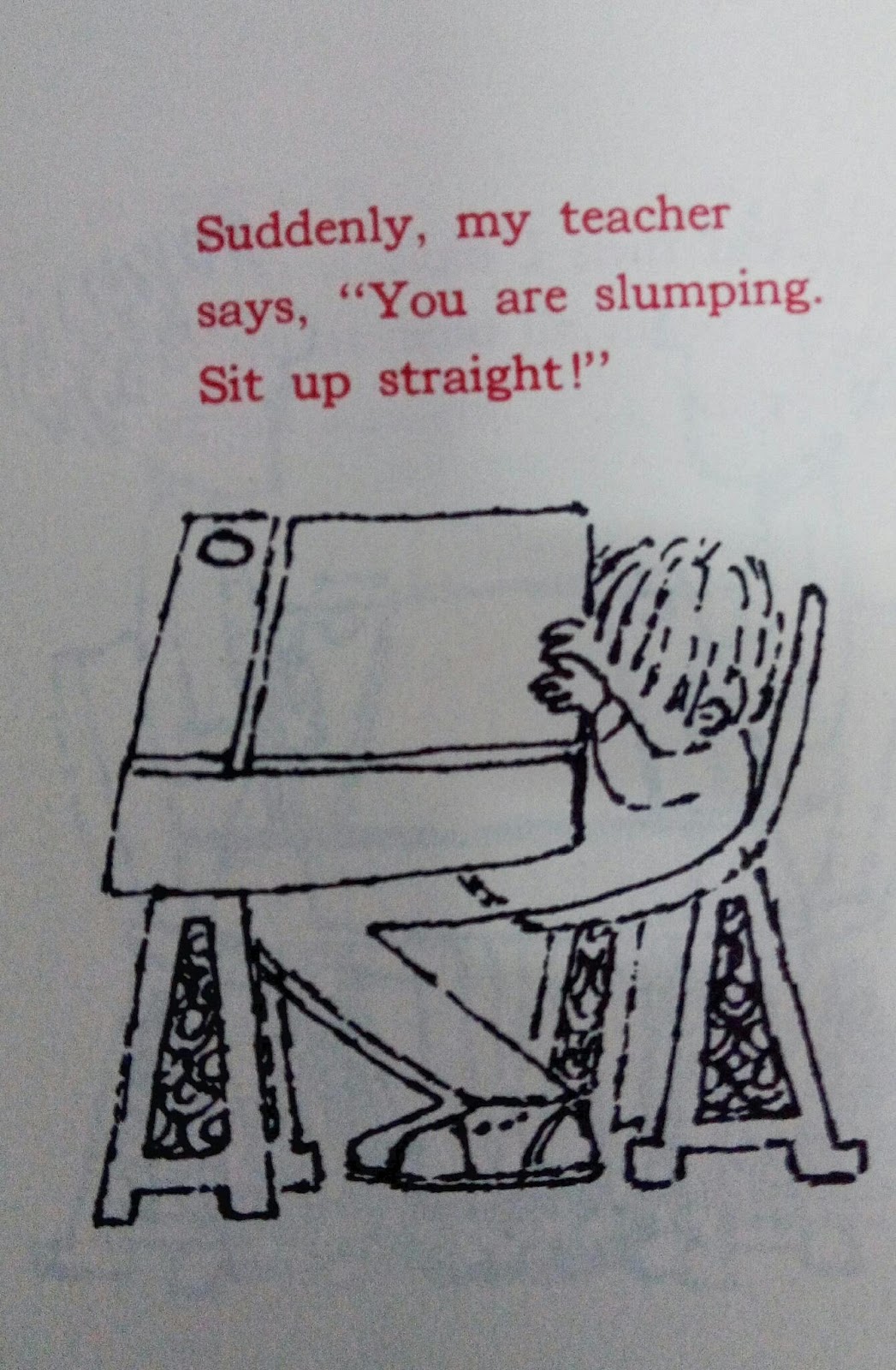As an old children’s book has it, “nobody is perfick.” We may try to daven with kavanah – focus and intensity – paying attention to the words and to our own inner experience. But that doesn’t always work. Any regular davener will admit to plenty of zone-outs, extraneous thoughts, mispronunciations and misunderstandings of the words we say.
This week’s post and the next one are devoted to cases like that, regarding the Shema. Today, let’s sit down with the Baal Shem Tov, R. Israel ben Eliezer v’Sarah [1699-1760, Ukraine], the spiritual founder of Hasidism, study a passage of Talmud with him, and reflect theologically about saying Shema with poor concentration.
First, the Talmud [Berakhot 33b-34a]: if prayer leaders repeat “shema, shema” – which could mean repeating any individual words within Shema, or perhaps repeating whole verses – the congregation should silence them. But Rav Papa wonders: what is so bad about repeating? Perhaps the first time around the worshipper lacked proper kavanah – he or she zoned out, and thought about grocery shopping or laundry – and, now, feeling bad about that, wishes to repeat the verse to get it right. Abbaye demurs sharply: “Can one speak casually facing heaven?! If one did not properly concentrate, strike him with a blacksmith’s hammer until he learns to concentrate!” This passage opposes second chances at repeating the Shema, or perhaps any other prayers. Permitting second chances only encourages sloppiness. Get it right the first time.
The Baal Shem Tov was a master of prayer. He claimed that his own spiritual attainments were not due to any great Torah learning, which he did not possess, but due to his passion and profundity as a davener who plumbed the limitless depths of each word of tefillah. So this particular Talmud passage naturally would have been important to him. While some Hasidim indeed recommended saying prayers over and over until you get the kavanah just right, in this case, the Baal Shem accepted the Talmud’s strict ruling, but discovered unexpected theological wisdom within. [What follows is a paraphrase of the teaching in Keter Shem Tov 6a=Sefer Baal Shem Tov, Noah #116, found in English in Kallus ed., Pillar of Prayer, #101, pp. 124-125.]
Shema Israel, in devotional and Halakhic terms, means קבלת עול מלכות שמים, “accepting the yoke of divine majesty.” For mystical Jews like the Baal Shem Tov, this means affirming that מלא כל הארץ כבודו , the whole world is full of divine glory. God is present in all moments, in all our feelings, in all our thoughts. He quotes the Zohar: לית אתר פנוי מניה, “No place is empty of God.”
So even when our prayer is scanty, imperfect, incomplete; even when our mind wanders into improper areas; God is within even those troubling, random, silly or irrelevant thoughts – laundry, groceries, or worse – which come to us so that we may fold them too, into our authentic affirmation of God’s true oneness. This is not an easy davening path, but the Baal She says you should ask yourself: if you find yourself thinking of errands or money or jealousy or anger or anything else during Shema, how do these manifest Hashem Echad, that God is One? Conversely, if you feel your first effort was so faulty that you must repeat Shema altogether, that is tantamount to denying that God was present in your first humble try. Repeating Shema testifies that you don’t really believe God is One, after all. You would seem to believe, instead, that your own poor concentration somehow banished God from your Shema.
No and no! In contrast, give yourself a break. Accept the paradox of faith: the cosmic God is One even within the flawed and mortal human beings and their broken prayers. Sure, it is best to daven with passion and focus. And when you don’t, nonetheless, Hashem Echad. Hear O Israel, God is One.





